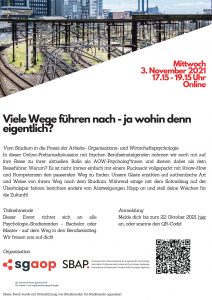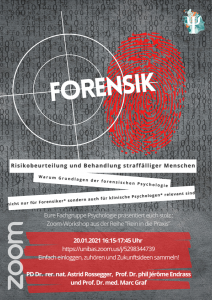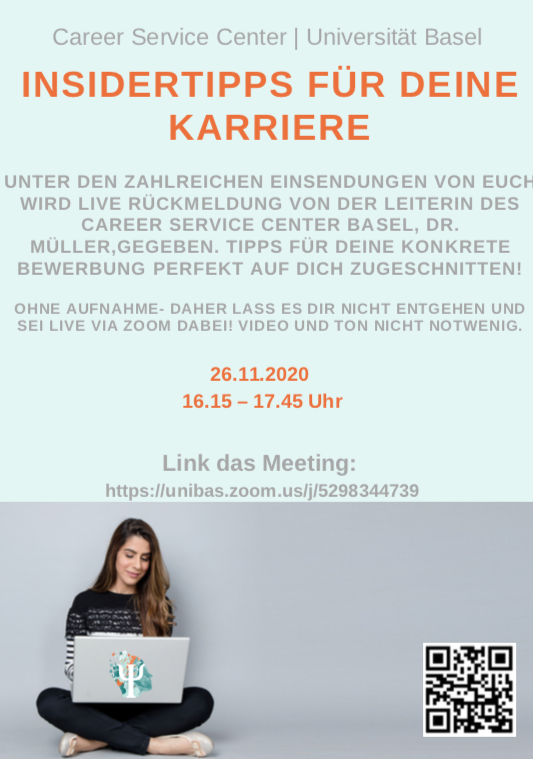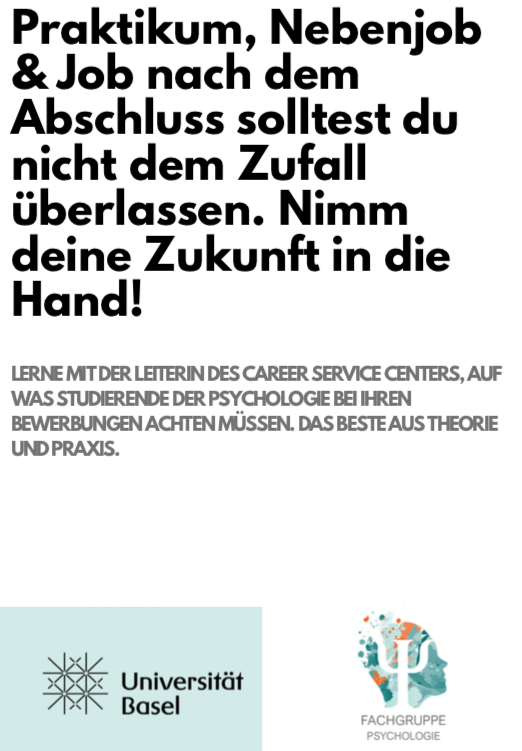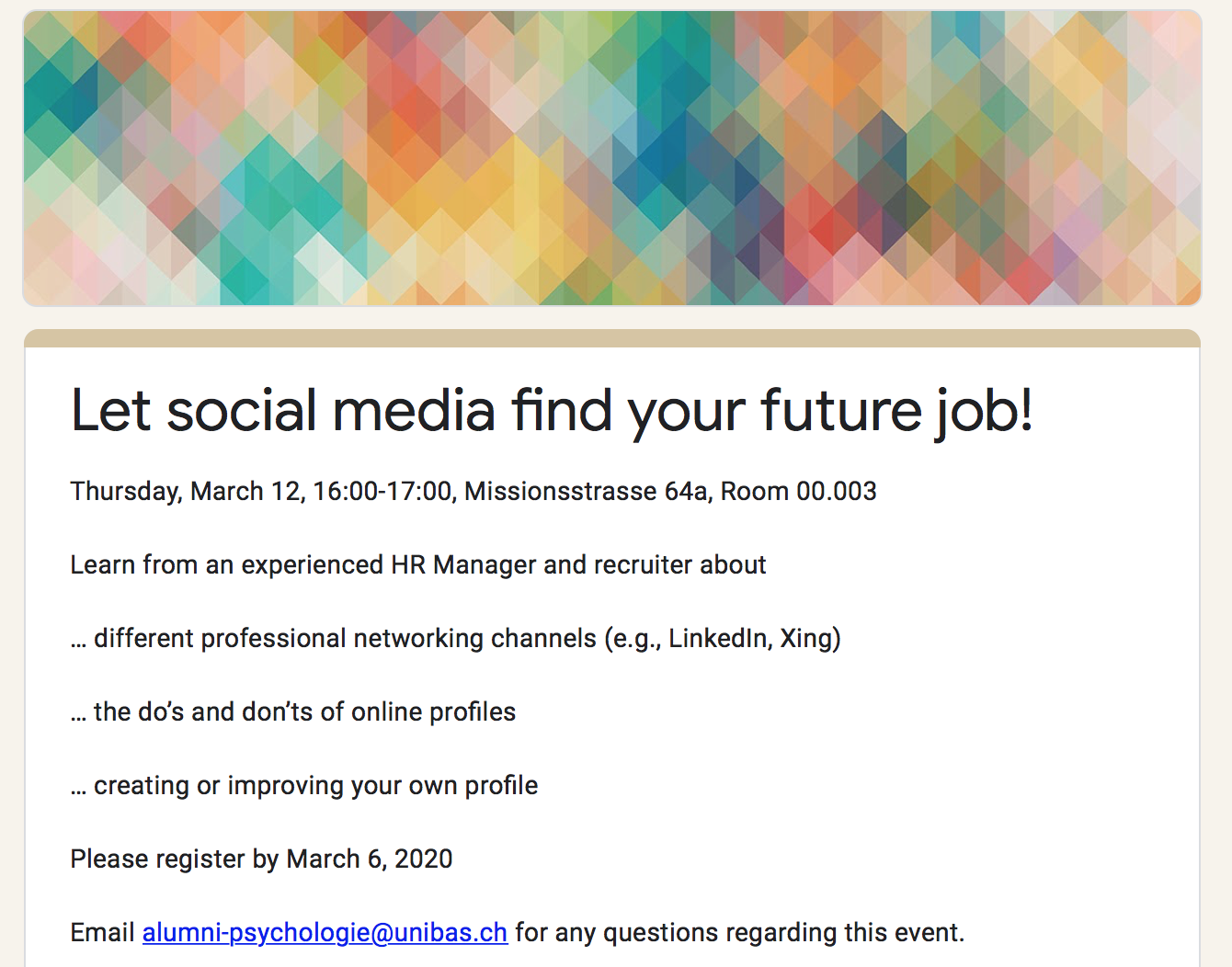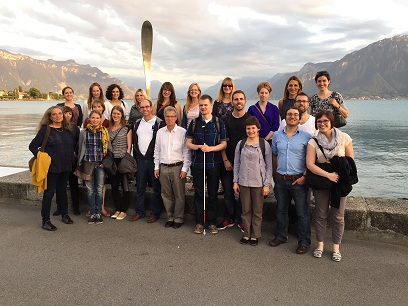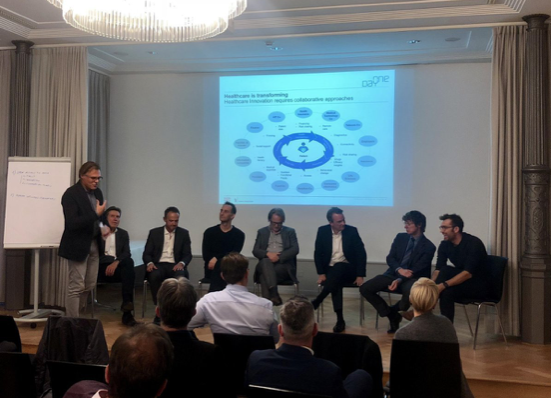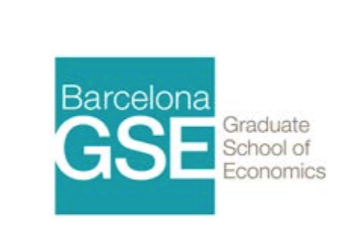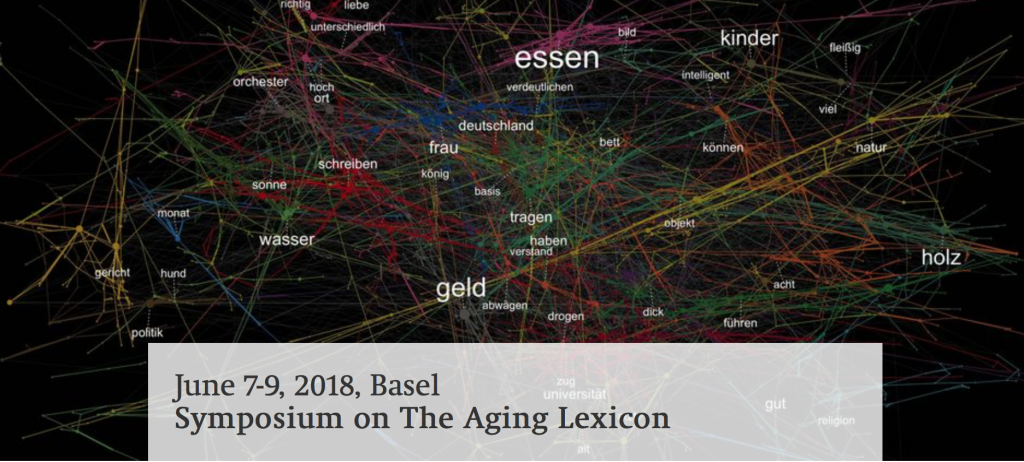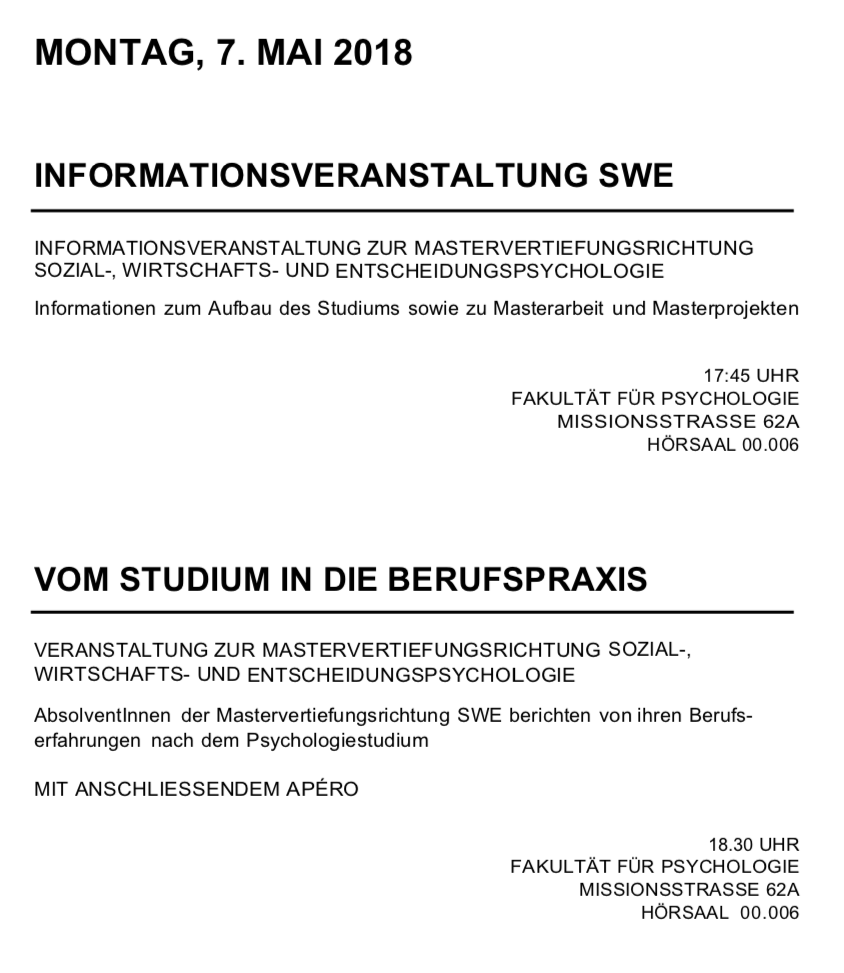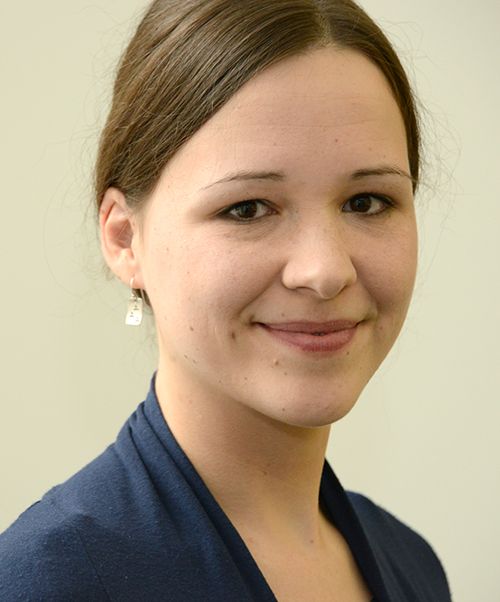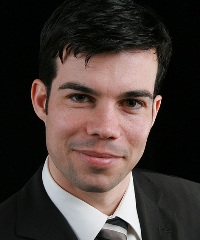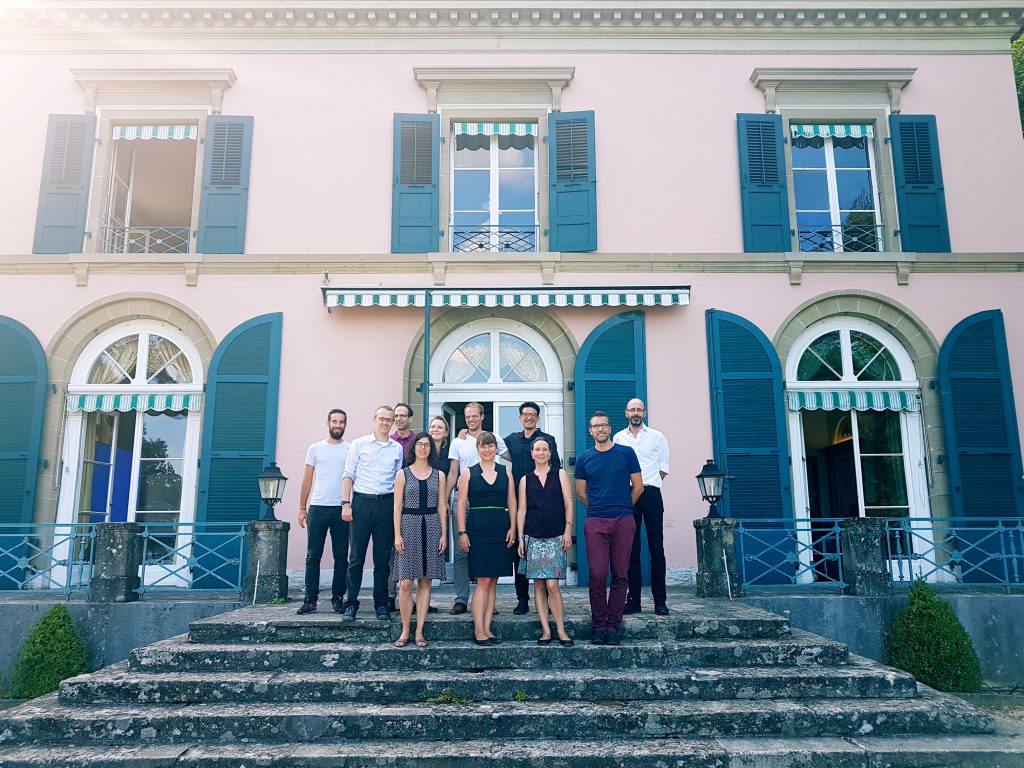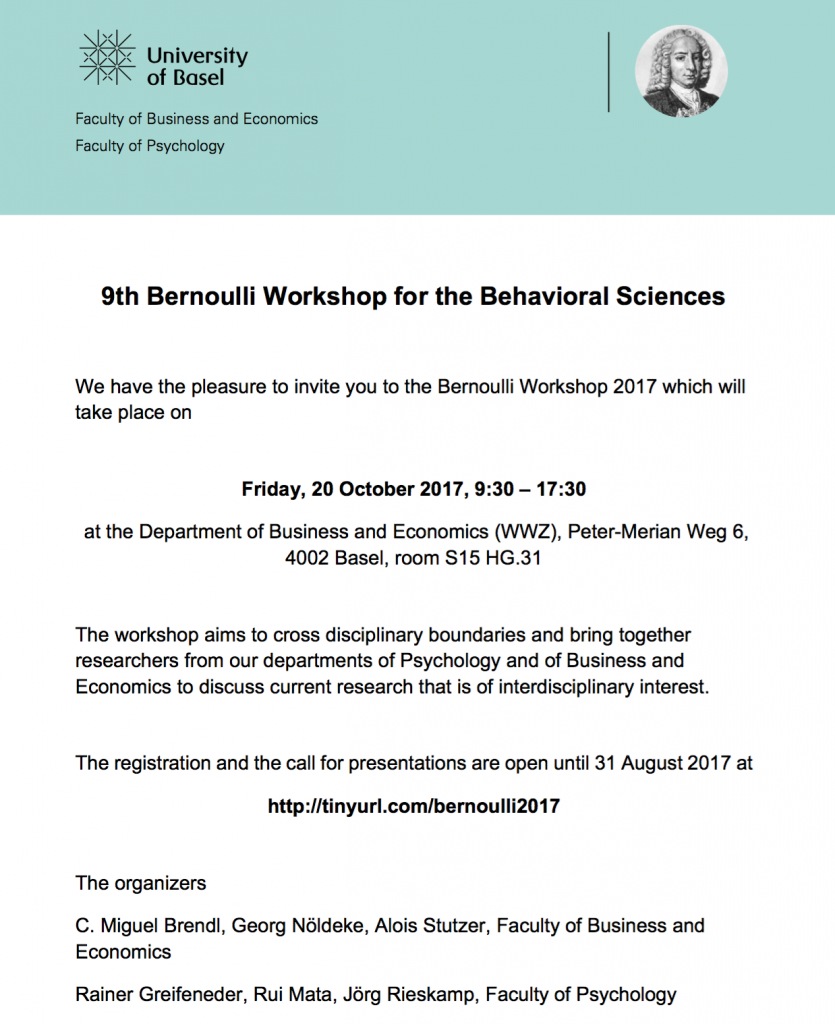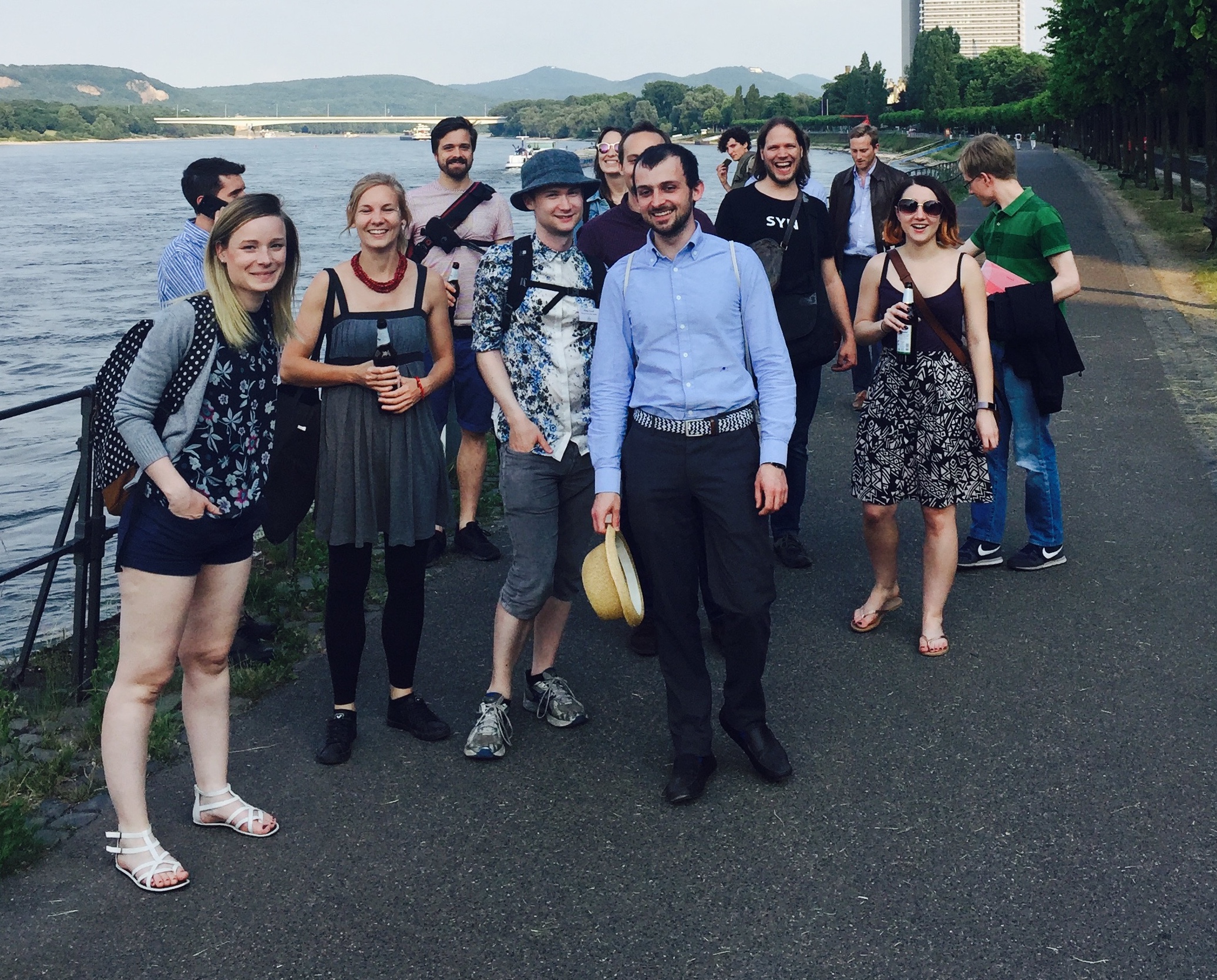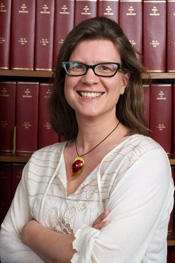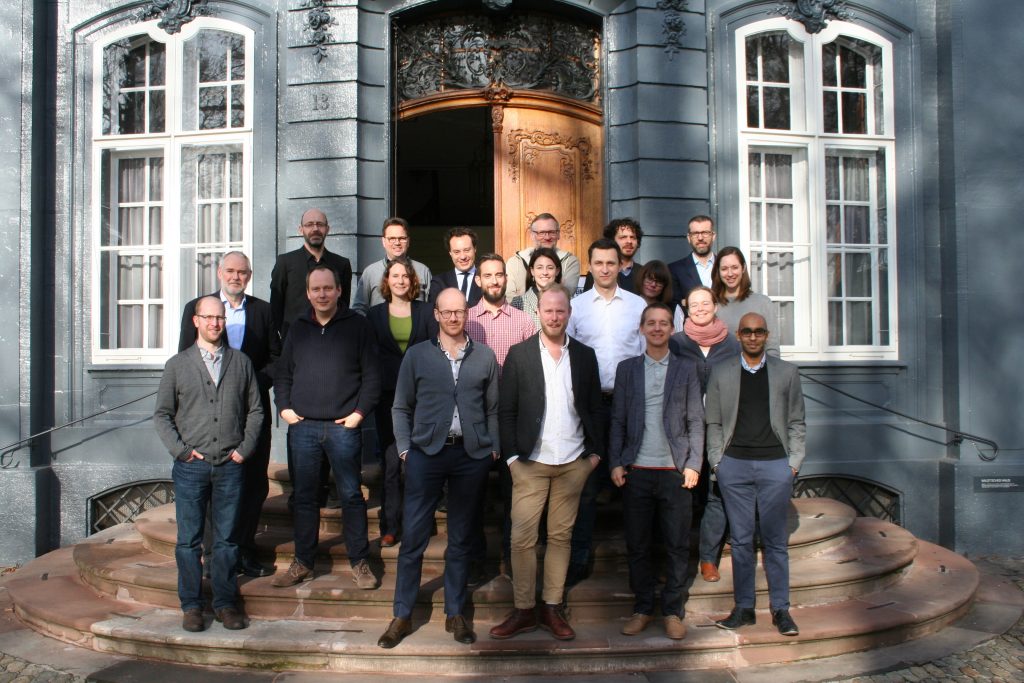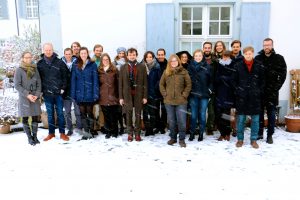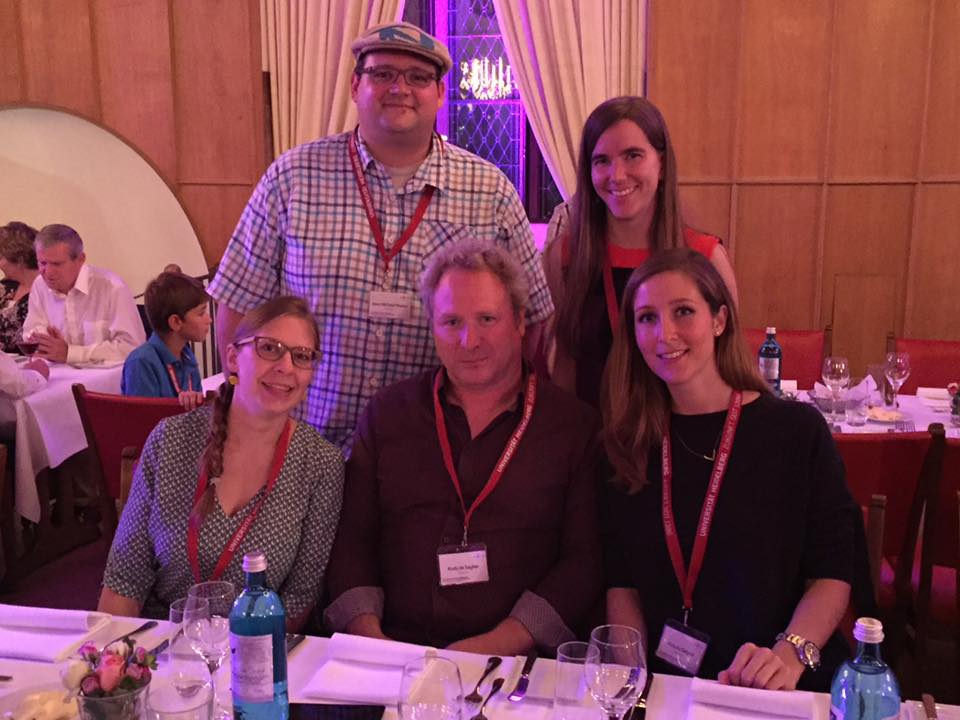
I will be attending the Basel Economic Forum, 18th Nov, 2016, in which a number of experts from academia and business will discuss issues related to aging and work.
A newspaper reporter emailed about the event and asking for my views on the topic which forced (and helped) me to systematize my thinking on theses issues. My strategy was to summarize the academic literature and I feel I learned quite a bit in the process so I’m sharing the results below (I took some liberty in translating/editing questions). My answers may a bit too heavy on academic references but, what can I say, I’m a sucker for empirical evidence…
Q: What will your main theses be in your contribution to the BEF2016?
My reading of the aging and work literature is that the effects of aging on work outcomes depend on multiple factors, including, most importantly, the demands of occupations: Current theories of aging suggest that there are both gains and losses associated with increased age that can lead to both performance increases or decreases as a function of the type of task/occupation (Kanfer & Ackerman, 2004; Skirbekk, 2008). To some extent this is trivial, everyone is aware that there are no 50-year-old professional soccer players, yet most scientists or politicians are older than that. Understanding the actual occupational characteristics and abilities that lead to such state of affairs is still work in progress.
More generally, it has become clear the need for researchers and practitioners to acknowledge the importance of person-environment fit: The role of employers and their advisors (e.g., health and behavioral scientists), as well as the employees themselves, will be to get the most out of each workers’ potential by selecting/crafting jobs that fit the individuals’ interests and abilities, regardless of age! Age/tenure may be a proxy for different skills and goals but there may be better ways of assessing these (and therefore utilizing them) that go beyond asking someone for their year of birth.
Q: According to your research, what are the main differences between young and older workers, and can the latter compensate for their potential deficits? Are younger adults more spontaneous and innovative in their decisions?
Psychological research suggests increased age is associated with a number of changes, including reduced novelty seeking and risk taking (Josef et al., 2016), decline in fluid cognitive ability (Lindenberger, 2014), but increases in conscientiousness (Roberts, Walton, & Viechtbauer, 2006), and vocabulary (Brysbaert, Stevens, Mandera, & Keuleers, 2016), to mention just a few. Importantly, there are large individual differences which increase with increased age (Lindenberger, 2014), suggesting the need for considering the potential of individuals rather than age groups.
Perhaps unexpectedly the actual links between age and work performance are small or non-significant (Ng & Feldman, 2012; 2013). There are likely a number of reasons, including, first, measurement issues (for example, performance may often be difficult to quantify objectively), second, considerable room for self and hetero-selection that masks any potential deficits (individuals that do not do well in job may choose to or be forced to perform other jobs), third, there is likely ample role of crafting or compensation (individuals may be able to craft their jobs to improve performance, including choosing different tasks or solving them differently, such as pull an all-nighter to learn about a topic vs. asking for advice), fourth, and finally, the role of occupation, because aging may matter for some occupations more than others and/or have impact on different outcomes (for example, scientific productivity seems to peak in midlife but the production of the highest impact work, the best or most important publication, can happen at any time in one’s career, Sinatra, Wang, Deville, Song, & Barabasi, 2016).
Regardless, stereotypes about aging are prevalent and may cloud important debates about the role and potential of aging workers (North & Fiske, 2012). One strategy for the future is to foster a culture of inclusion and diversity that goes beyond age, and includes gender, ethnicity, and many other individual characteristics.
Q: Should working lives become longer as a function of increased life expectancy to guarantee individuals’ well-being?
Increased life expectancy may be associated with increased health in older ages (Fries et al., 2011) which could lead to longer working lives as individuals themselves decide they are able to work longer in good health to maintain their desired income levels during and after their working lives. In addition, many states with increasingly aging populations may find themselves forced to encourage older workers to work longer to be able to maintain overall productivity and afford relatively generous pension systems (Vaupel & Loichinger, 2006).
Whether these changes will lead to increases (or decreases) in well-being is uncertain. Current research, however, suggests that retirement does not lead to pronounced changes in well-being, at least for those of retire voluntarily. Research using representative longitudinal panel data from Germany suggests that retirees experience reductions in satisfaction with their income but increases in satisfaction with leisure and health, leading to little or no change in overall life satisfaction (Bonsang & Klein, 2012). Some estimates suggest that the large majority of German retirees, ca. 75%, show no significant changes in life satisfaction, while 15% experience positive changes, and only a minority of about 10% experiences negative changes in life satisfaction (Pinquart & Schindler, 2007). Similar results have been obtained for the US (Wang, 2007), suggesting that these may be general patterns associated with the trade-offs between income and leisure that take place after retirement, rather than something specific about the German context.
References
Brysbaert, M., Stevens, M., Mandera, P., & Keuleers, E. (2016). How many words do we know? Practical estimates of vocabulary size dependent on word definition, the degree of language input and the participant’s age. Frontiers in Psychology, 7(021006), 55–11.
Josef, A. K., Richter, D., Samanez-Larkin, G. R., Wagner, G. G., Hertwig, R., & Mata, R. (2016). Stability and change in risk-taking propensity across the adult life span. Journal of Personality and Social Psychology, 111(3), 430–450.
Kanfer, R., & Ackerman, P. L. (2004). Aging, adult development, and work motivation. The Academy of Management Review, 29(3), 440–458.
Lindenberger, U. (2014). Human cognitive aging: corriger la fortune? Science, 346(6209), 572–578.
Ng, T. W. H., & Feldman, D. C. (2012). Evaluating six common stereotypes about older workers with meta-analytical data. Personnel Psychology, 65(4), 821–858.
Ng, T. W. H., & Feldman, D. C. (2013). A meta-analysis of the relationships of age and tenure with innovation-related behaviour. Journal of Occupational and Organizational Psychology, 86, 585–616.
North, M. S., & Fiske, S. T. (2012). An inconvenienced youth? Ageism and its potential intergenerational roots. Psychological Bulletin, 138(5), 982–997.
Roberts, B. W., Walton, K. E., & Viechtbauer, W. (2006). Patterns of mean-level change in personality traits across the life course: A meta-analysis of longitudinal studies. Psychological Bulletin, 132(1), 1–25.
Sinatra, R., Wang, D., Deville, P., Song, C., & Barabasi, A. L. (2016). Quantifying the evolution of individual scientific impact. Science, 354(6312), aaf5239–aaf5239.
Skirbekk, V. (2008). Age and productivity potential: a new approach based on ability levels and industry-wide task demand. Population and Development Review, 34, 191–207.
